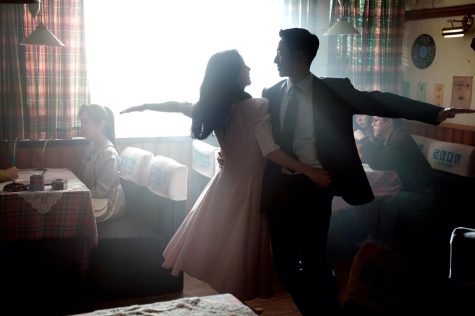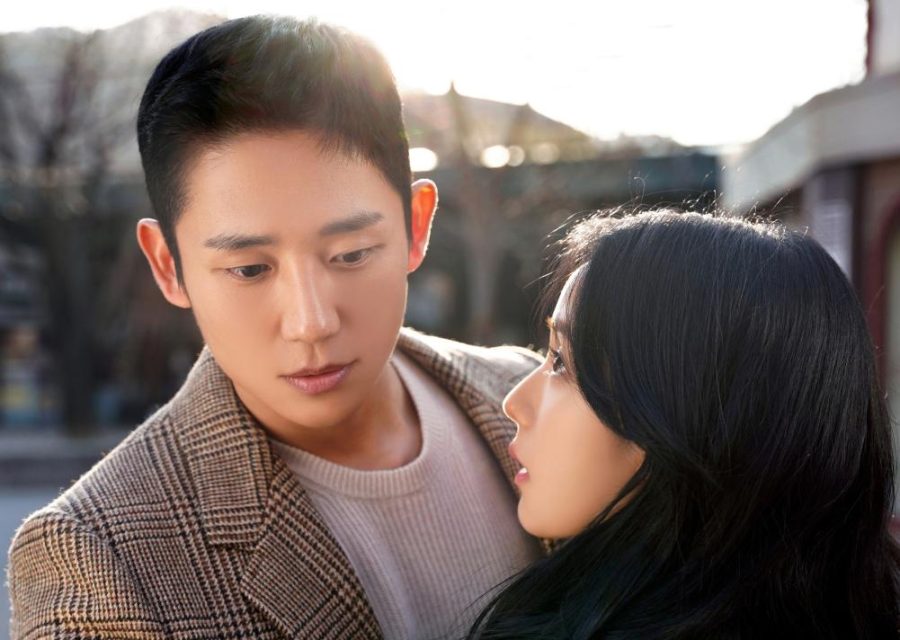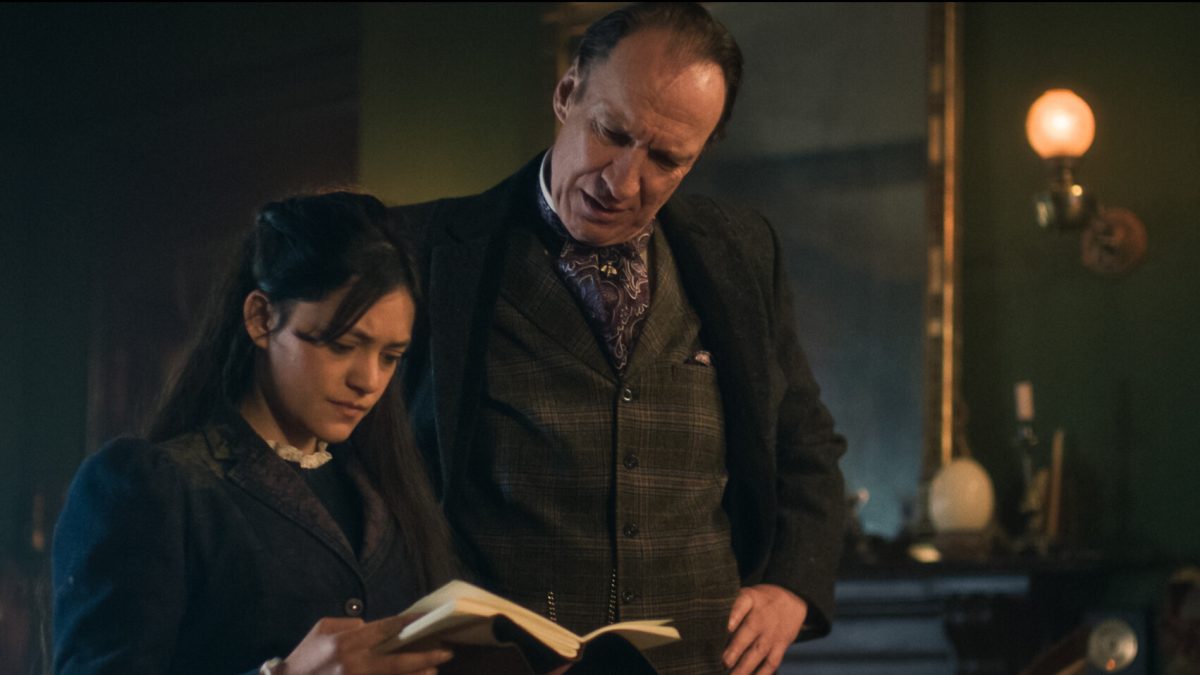Although it has already been released overseas in Asia, Disney+ recently picked up and made available all 16 episodes of the South Korean drama, “Snowdrop,” nearly a week before Valentine’s Day.
It’s a typical romance flick about two people who fall in love on a blind date during 1987 in Seoul. One main reason that the House of Mickey bought the rights to stream it may be because it features the acting debut of Ji-soo Kim, the lead vocalist of K-pop’s popular all-girl band, Blackpink, who plays Hosu Women’s University student, Eun Young-ro.
American audiences last heard of this group when it first appeared as a headliner at the Coachella Valley Music and Arts Festival in 2019 before the COVID-19 pandemic hit. Blackpink released a few singles since the pandemic as well as The Album on Oct. 2, 2020. The group also held its first online virtual pay-per-view concert, “The Show,” on Jan. 31 last year.
In this series, originally released in South Korea on Dec. 18 and released by Disney+ on Feb. 9, Kim shows she has potential in the acting business as we see her emoting throughout each episode from contentment to sorrow to resentment.
Audiences may wonder whether she would break out into a song or performance during the episodes since she is indeed a Korean idol singer, but they eventually forget about this fact as the 27-year-old lady succeeds in switching from the lead vocalist of Blackpink to a new and talented actress.
Despite media reports of her receiving an offer to sing the soundtrack for “Snowdrop,” the singer refused because she wanted the viewers to focus on her image as an actress rather than an idol. But viewers are treated to her vocal range in a few scenes of the first two episodes, one of which involves her singing some lines from a 1978 song, “One Way Ticket.”

Another reason that Disney picked up the show could be because of recent controversy among various Korean and American news websites over the misleading portrayal of characters and plot as well as the distortion of Korean history. Many activists lost their lives after being falsely accused of being North Korean spies, so making the main character pretending to be a student from Berlin and glorifying him throughout the series caused controversy among the viewers.
American viewers will not have to worry about this because the characters and plot of the series do not have a connection to real people or events. Although the conflict between North and South Korea used to and continues to be a big issue among some today, in the beginning of each episode, the drama clearly states that all events and characters are fictional.
Rated TV-14, the 16-episode series ranges in length from as short as 74 minutes (episode 13) to an hour and 40 minutes in the finale. According to the producer of the series, it takes its title from a blooming flower that pierces the snow, which symbolizes that spring will come soon.
So the series title captures the message of hope that the two lead characters have within the harsh political situation they’re living in.
The first episode at 90 minutes stands out because it shows the first encounter between Young-ro and Su-ho, ultimately leading to the whole situation in which Su-ho and the other North Korean spies hold the people in the dormitory hostage, which continues throughout the rest of the series.

Viewers meet Young-ro in the first episode when the phone operator receives a call from a man asking for a blind date with the girls in Room 207. One of the roommates decides not to go, so Young-ro, her two roommates and the phone operator dress up and meet up with four guys at a coffee shop.
The action picks up after that first encounter when Young-ro finds Su-ho in her room covered in blood and hides him from the Agency for National Security Planning [ANSP] until he manages to escape. The series reveals Su-ho to be a North Korean spy, and when the ANSP chases after him, he ends up back in the dormitory where he holds the female students hostage to safely return to his home country.
Starting from the fourth episode, the series focuses on what will happen to the characters held hostage and whether Su-ho will be able to escape and return to North Korea with his comrades while keeping all the hostages safe.
Those who prefer romance shows over thrillers should definitely watch “Snowdrop,” and this series would be recommended to all people who find interest in Korean dramas.
And for those who persevere through all 16 episodes, break out some Kleenex boxes because “Snowdrop” will bring some teardrops as well.














